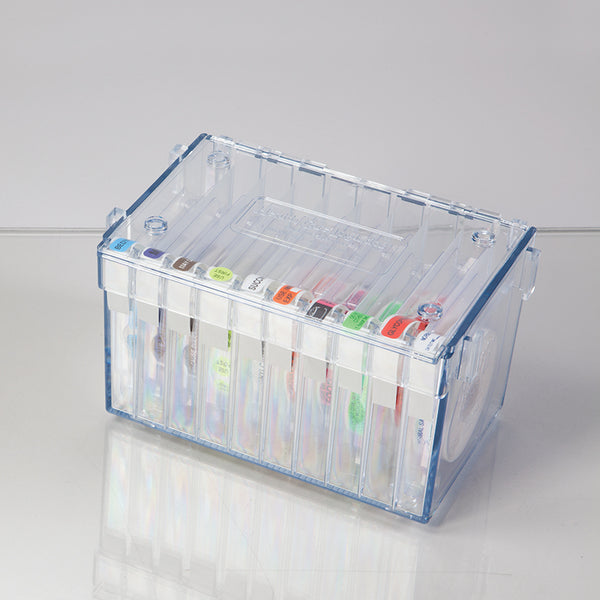
WABC: Wiig Assessment of Basic Concepts
Product Code : MPS8-15030
Vendor: Vasyli
Available
Description
Ages: 2-6 to 7-11
Testing Time: 10-15 minutes
Administration: Individual
The Wiig Assessment of Basic Concepts (WABC) is a unique, norm-referenced assessment that evaluates a child's understanding and use of basic concepts. The WABC can be used to:
- Create focused IEPs and intervention plans.
- Thoroughly assess basic concepts.
- Identify children in preschool and kindergarten who need ""extra help"" with basic concepts.
- Distinguish deficits in using basic concepts from deficits in understanding them.
- Further distinguish an inability to understand basic concept terms from deficits in auditory processing (following directions).
What Makes the WABC Different
- There is no easel. Instead, the test presents an interactive storybook format. This gives you the opportunity to test the child in a setting that is quite natural to most children (looking at/reading a book).
- The WABC embeds concept pairs or related words in colorfully illustrated scenes. Instead of presenting each concept as an unrelated single word, the WABC assesses one of the concepts in a pair receptively (Which bear is big Child points to big bear) and the other expressively (You showed me big. This bear is Child says, ""little."" )
- The WABC contains two age-level tests. Level 1 - A Day at the Zoo is for preschool children ages 2;6 to 5;11 years, and Level 2 -A Day at the Park is for children in kindergarten and early elementary grades ages 5;0 to 7;11 years. For a more complete picture of strengths and weaknesses, you may administer BOTH levels to children between 5;0 and 5;11 years.
Online Qualitative Response Analyzer:
The WABC Qualitative Response Analyzer lets you enter data from a child's record form(s) and will automatically generate a summary of the basic concepts that the child identified correctly. The Response Analyzer will not calculate normative data (standard scores, etc). They produce qualitative reports to help you establish intervention goals.
Receptive & Expressive Testing
The WABC groups 113 basic concepts in two sets: Level 1 and Level 2. Each Level assesses concept knowledge (receptive) AND use (expressive) across seven (7) categories:
- Color or Shape (Ex., red, square)
- Size, Weight or Volume (Ex., short/tall, big/little)
- Distance, Time or Speed (Ex., far/near, slow/fast)
- Quantity or Completeness (Ex., none/all, less/more)
- Location or Direction (Ex., behind/in front)
- Condition or Quality (Ex., hot/cold, wet/dry)
- Sensation, Emotion, or Evaluation (Ex., bad/good)
Who May Administer the WABC
Childhood teachers, special educators, and speech-language pathologists may administer the WABC. We recommend, however, that only educators and professionals skilled in test administration and scoring, interpret the results and create intervention plans for their students.
Valid And Reliable
The WABC is a valid and reliable assessment instrument. For the standardization, the population sample included 1200 children from the United States and closely resembles 2000 U.S. Census data. Test-Retest correlations were very good with r = .93 for Level 1 Total Score and r = .92 for Level 2 Total Score. Inter-rater reliability was also high (.99). In comparing the WABC to the Boehm-3 Preschool and the Boehm-3, we found that both tests examine similar skills (Level 1 Total Raw Scores, Pearson's r = .69 and Level 2 Total Raw Scores, Pearson's r = .74).
COMPLETE WABC KIT INCLUDES: Examiner's Manual, Level 1 and Level 2 Storybooks, Level 1 Record Forms (50), Level 2 Record Forms (50), Puppy Bank Reinforcer with 30 Doggie Dog Tokens, all in a canvas carrying case (2004).













